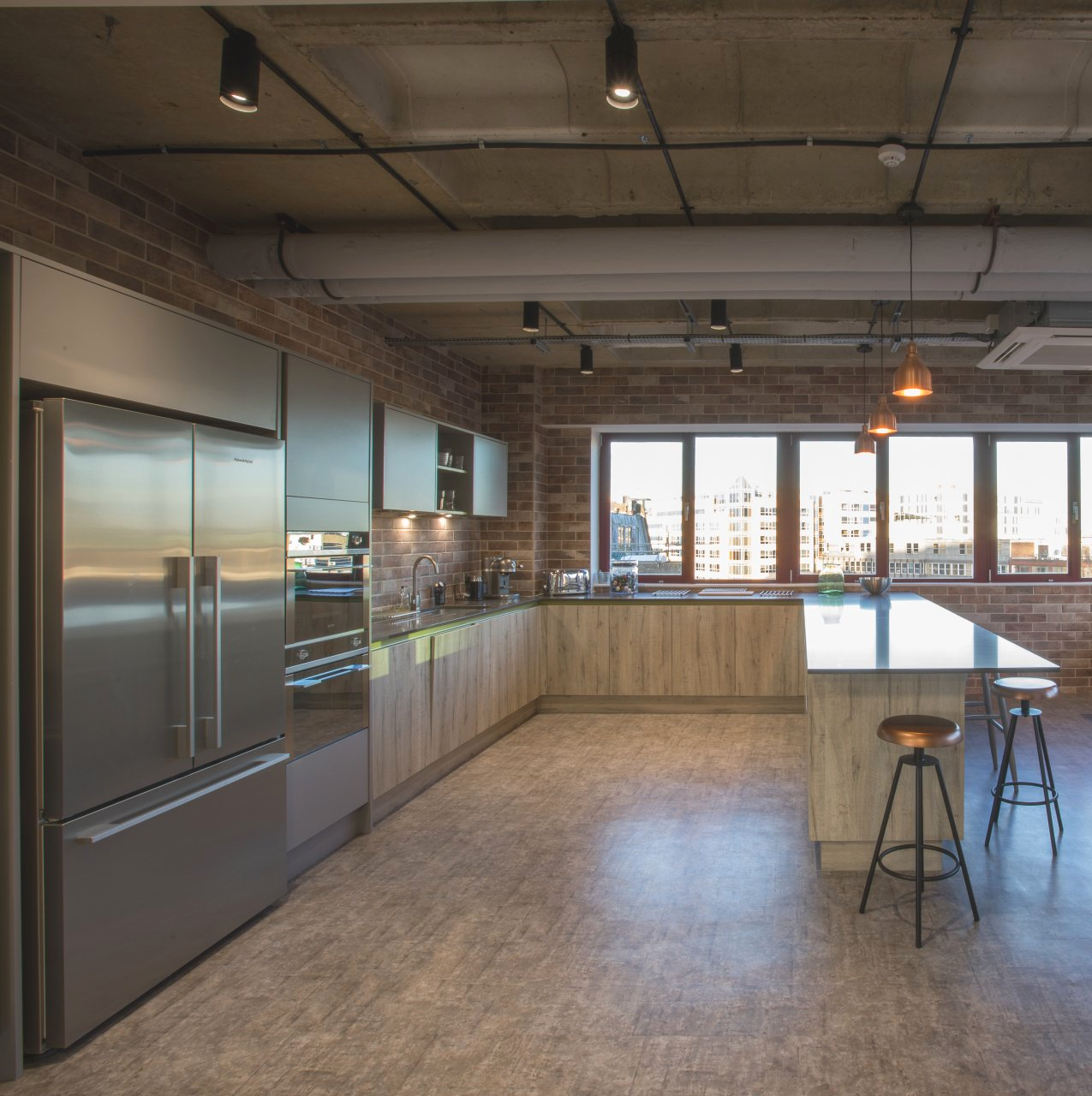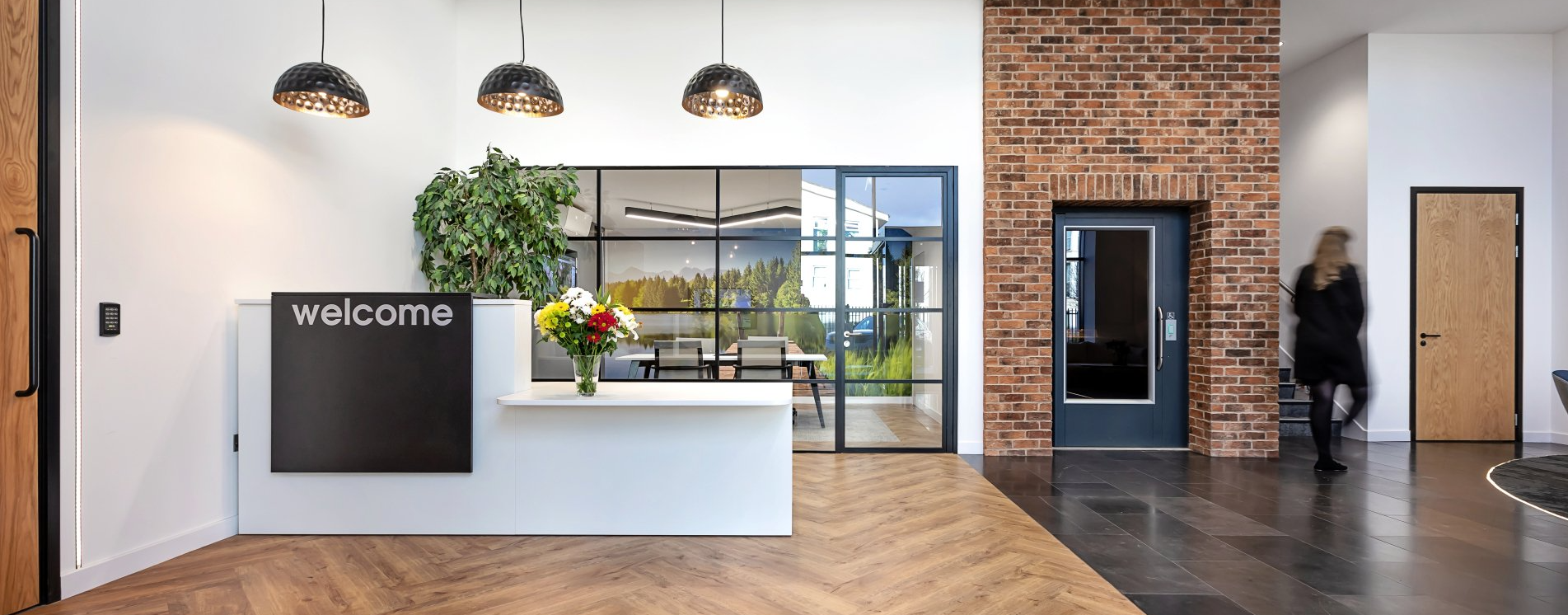Landlord licence assistance.
Rental agreement categories.
The two categories of rental agreement most frequently used by landlords of commercial premises are a lease or a licence. A lease will normally extend over a period of several years, although short-term leases are also an established feature in the commercial property rental market. A leasing agreement provides a tenant with possession of the property for a specified term in return for the agreed rental payments.
However, some commercial landlords prefer to offer premises on a licence, which will normally be more flexible and less legally binding. Being a simple contractual agreement, they can also save on solicitor’s fees when it comes to drawing them up.
Licences are frequent in the rental of serviced office space but are also used in other areas of the commercial property market. Their flexibility can be advantageous to business tenants as well as landlords, especially for start-ups or companies in the process of change or expansion that may wish to rent on a temporary basis. Nevertheless, it is important to understand how the terms of a licence could affect your business operations before going ahead.
Reaching agreed objectives.
A commercial landlord’s licence simply provides the tenant with the go-ahead to use the premises for a particular purpose, possibly for a fixed period or on an ongoing basis. It may also include terms about notice of early termination.
The tenant would not normally have a right to renew the licence once it had expired and this is where problems can arise. If the tenant wishes to remain in place but the landlord wishes to retake tenure of the premises, or if the landlord sells the premises with the tenant in occupation, the tenant’s rights could be limited.
A commercial leasing agreement can provide security of tenure for business tenants and the option to take up a new lease when the existing one comes to an end. A landlord’s licence will not offer this surety. It is therefore important that the landlord and tenant have agreed objectives before the deal is struck.

Gaining permission from the owner.
If a business wants to make changes to a property they are renting, they would need to get permission from the owner of the property. Most owners are interested in increasing the value of their property, so if you go through the correct method to get written permission from them, you will then be able to make the changes you want. Even making a cosmetic upgrade, like installing new light fixtures, can add value to the property.
With many years of experience in assisting businesses in moving and relocating to new premises, we can offer invaluable support and advice in dealing with commercial landlord licences. We can help to ensure that a tenancy agreement is reached that will satisfy both parties and avoid any time-consuming and costly disputes in the future.
Here to support you.
The office as we knew it has changed forever.
Embrace hybrid working
Click here to learn more.
Get in touch.
For more details on how we can help or to book a consultation at our
showroom, please call us on
0118 214 7890
or fill out the form and we will get back to you soon.
Contact Us
We will get back to you as soon as possible.
Please try again later.
Our showroom.
16 Commercial Road, Reading, Berkshire, RG2 0QJ
Quick links.
Glenside Commercial Interiors is a trading name of Glenside Commercial Interior Projects Ltd registered in England with Registration Number 14000423. VAT No. 408 5792 72
All Rights Reserved


